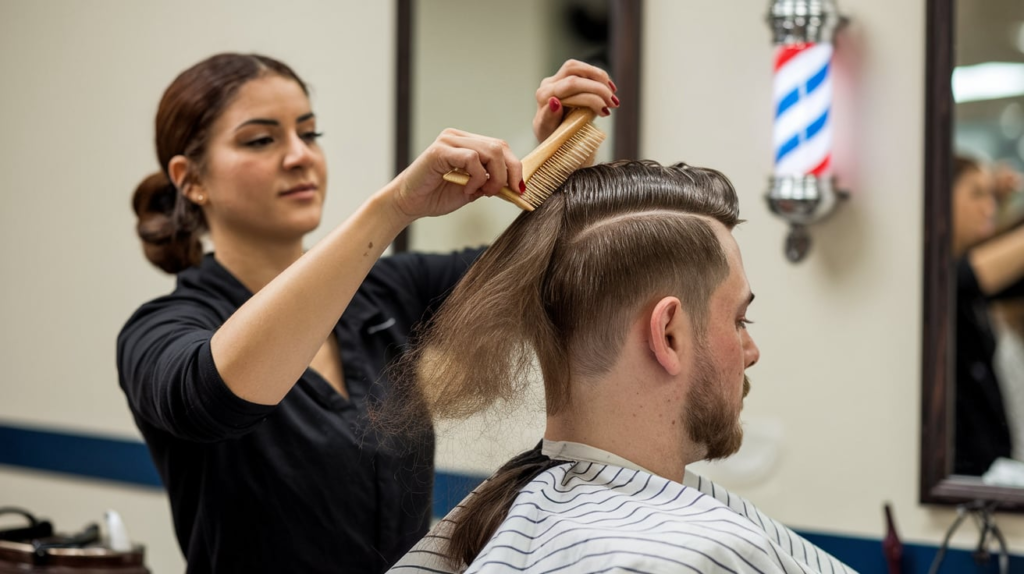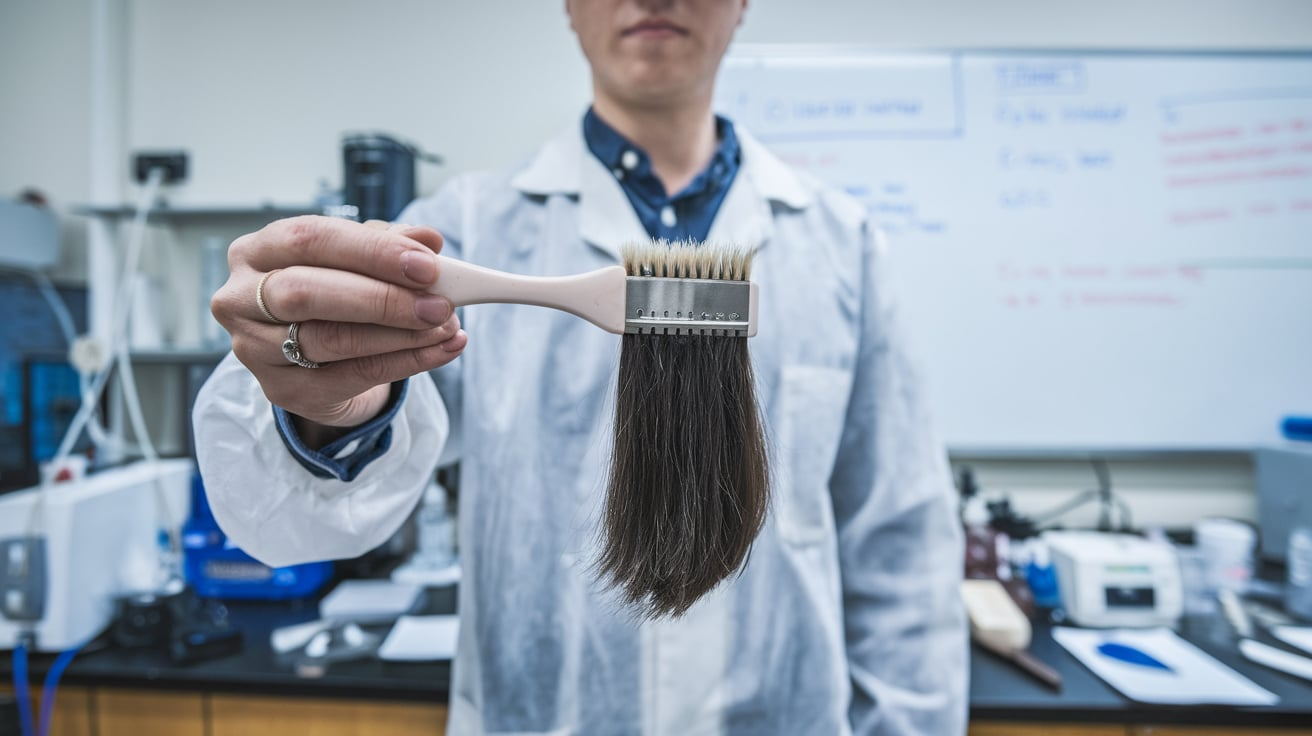Introduction
Collecting Hair Samples from Brushes Research IRB Guidelines have long been used in scientific studies because they provide information on an individual’s health, lifestyle, and even environment. Collecting hair samples from brushes has become popular because it is non-invasive and can be done easily. However, like all research involving human subjects, it must comply with ethical standards outlined in Institutional Review Board (IRB) guidelines. Understanding these guidelines is crucial for ensuring that collecting hair samples from brushes is ethical, transparent, and respectful of participants’ rights. This article will explore how Collecting Hair Samples from Brushes Research IRB Guidelines impact scientific studies.
Why Hair Samples from Brushes?
Hair samples provide researchers with a wealth of information. They can be analyzed for drug use, nutritional deficiencies, and exposure to toxins. Collecting hair samples from brushes makes the process easy for participants and researchers. It eliminates the need for invasive procedures, such as blood tests or skin biopsies, and can be done in the comfort of the participant’s home. Despite the ease of this method, Collecting Hair Samples from Brushes Research IRB Guidelines must still be followed to protect participant privacy and ensure ethical conduct in research.
Storage and Transportation of Samples
Proper storage and transportation of hair samples are critical components of Collecting Hair Samples from Brushes Research IRB Guidelines. Once hair samples are collected, they must be handled carefully to maintain their integrity and prevent contamination. This ensures that the data extracted from the samples remain accurate and reliable. Typically, hair samples are stored in sterile containers and kept in controlled environments, such as laboratories with regulated temperatures and humidity levels.
The Importance of IRB Guidelines
The Institutional Review Board (IRB) is a committee responsible for ensuring that research involving human subjects complies with ethical standards. When it comes to Collecting Hair Samples from Brushes Research IRB Guidelines, the board’s role is to review the methods used to collect, store, and analyze hair samples. IRB guidelines protect participants by requiring informed consent, ensuring confidentiality, and minimizing risks associated with the research. Without IRB approval, research involving human hair samples cannot proceed ethically.
Informed Consent in Hair Sample Research
Informed consent is among the most important aspects of Collecting Hair Samples from Brushes Research IRB Guidelines. Researchers must ensure that participants understand the purpose of the study, how their hair samples will be used, and any potential risks involved. Participants must voluntarily agree to participate and have the right to withdraw at any time. Obtaining informed consent is key to maintaining ethical standards in research and is a requirement under IRB guidelines.
Confidentiality and Privacy Considerations
Protecting participant confidentiality is another critical aspect of Collecting Hair Samples from Brushes Research IRB Guidelines. Hair samples contain sensitive biological information, which could reveal personal details about an individual’s health or lifestyle. Researchers are required to ensure that hair samples are anonymized or coded to prevent the identification of participants. Data security measures must be in place to protect this sensitive information from unauthorized access, making confidentiality a priority in hair sample research.
Ethical Handling of Hair Samples
The Collecting Hair Samples from Brushes Research IRB Guidelines outlines the ethical handling of hair samples. Once collected, hair samples must be stored in a secure environment, with restricted access to authorized personnel only. Researchers must have protocols for disposing of hair samples once they are no longer needed for the study. This ensures that participant hair samples are handled respectfully and that their privacy is maintained throughout the research process.
Minimizing Risk to Participants
Research involving hair samples generally poses minimal physical risk to participants, but other risks must be considered under Collecting Hair Samples from Brushes Research IRB Guidelines. For instance, there could be psychological risks if participants learn unexpected health information through the study. Researchers must communicate any potential risks during the informed consent process and ensure that participants can access appropriate support if they encounter distressing information.
The Role of Researchers in Upholding IRB Guidelines
Researchers play a critical role in collecting hair samples from Brushes Research IRB guidelines. They are responsible for designing and conducting studies that respect participants’ rights, privacy, and well-being. Researchers must also stay updated on changes to IRB guidelines and ensure their research practices evolve accordingly. By maintaining high ethical standards, researchers contribute to the integrity and trustworthiness of scientific research.

Participant Rights in Hair Sample Research
Participants in studies involving hair sample collection have several rights under Collecting Hair Samples from Brushes Research IRB Guidelines. These include the right to be informed about the study, consent or refuse participation, and withdrawal at any time without penalty. Participants have the right to handle their data securely, and their confidentiality is protected throughout the study. Ensuring these rights are upheld is essential for maintaining ethical standards in research.
Conclusion:
Collecting Hair Samples from Brushes Research IRB Guidelines is a valuable method for obtaining biological data in research. However, it must be done according to Collecting Hair Samples from Brushes—Research IRB Guidelines to protect the rights and well-being of participants. Ethical research is a legal and moral obligation to ensure trust between researchers and participants. By following IRB guidelines, researchers can conduct meaningful studies while safeguarding participant privacy, minimizing risks, and maintaining the integrity of the research process.
Read More: Listcrawler Arrest 2024
